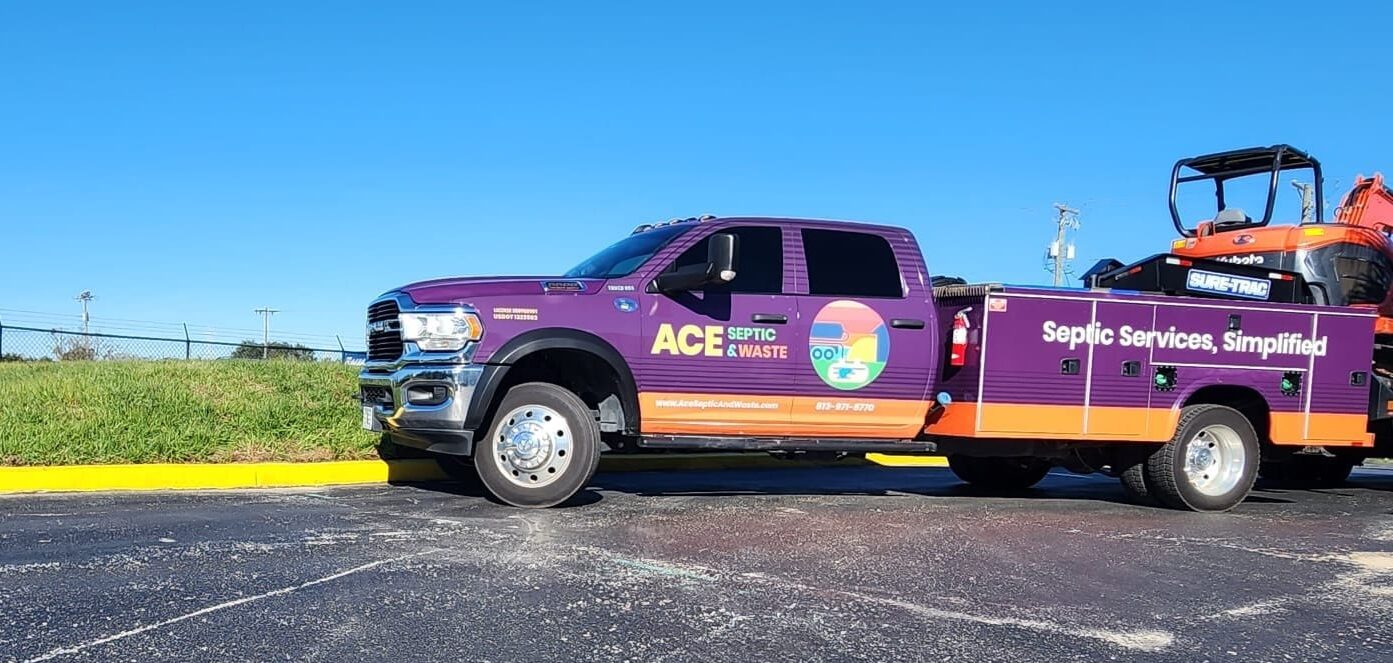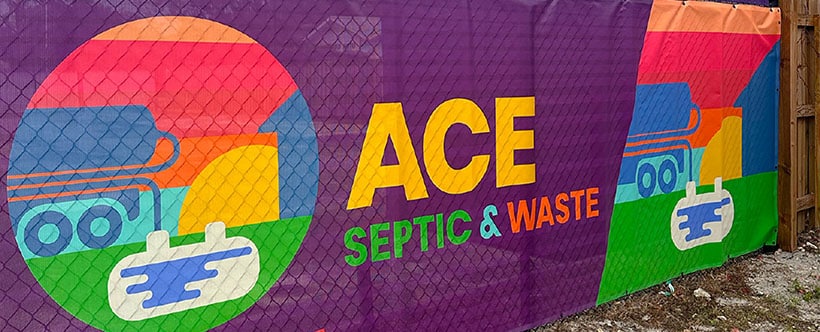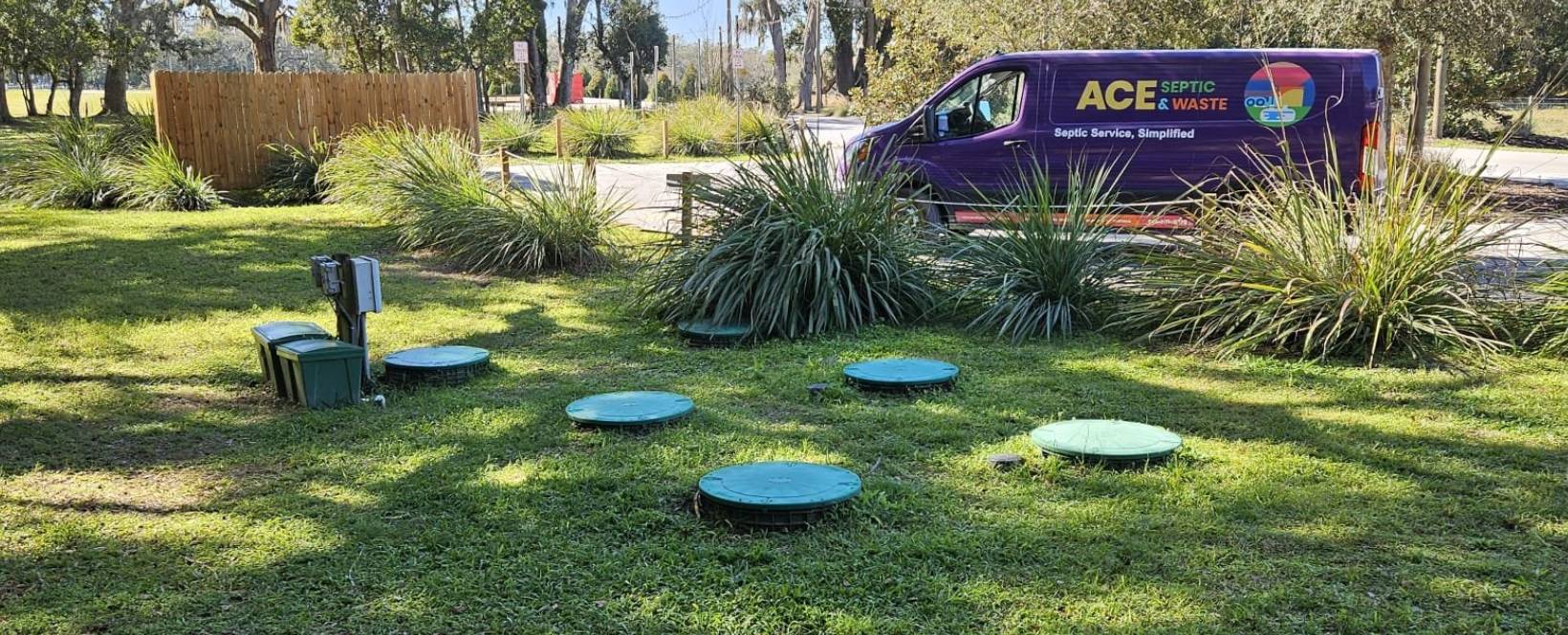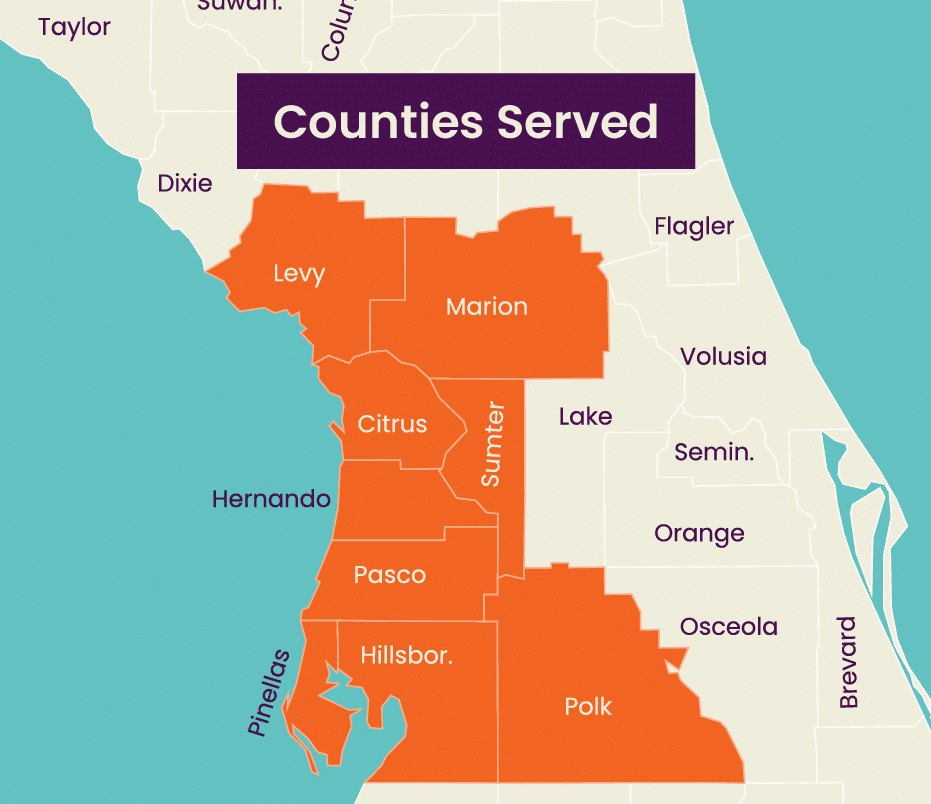Septic emergencies can pose severe health and environmental risks if not addressed quickly. They can cause property damage, contaminate local water supplies, and lead to expensive repairs. Left unaddressed, a leaking or backed-up septic system can release harmful bacteria and pathogens into your yard or home, putting your family’s health at risk. Additionally, untreated wastewater can seep into nearby soil and groundwater, endangering ecosystems and community health. Here’s how homeowners can handle rural septic emergencies to protect their property, health, and the environment.
Recognizing Septic Emergencies
Being able to identify a septic emergency quickly is critical to minimizing damage and health risks. Here are the most common signs to watch for:
- Slow Drains or Backups: Sinks, tubs, or toilets draining slowly are signs of blockages in the pipes. While this is most commonly a plumbing, not septic, issue, if wastewater is backing up into your home, it’s often a sign of a clogged or failing system.
- Foul Odors: Strong sewage smells near your septic tank or drain field indicates a potential leak or overflow.
- Pooling Water: Unexplained wet spots or standing water in your yard, especially near the septic tank or drain field, often point to leaks or system overloads.
- Lush, Green Grass: While a vibrant lawn often seems like a good thing, unusually green or fast-growing grass over your septic system can indicate a leak, as the grass benefits from the excess wastewater.
- Alarm Activation: Many septic systems, especially advanced treatment units (ATUs), have alarms to indicate high water levels or pump failures. If your septic system alarm sounds, immediate action is needed.
- Gurgling Noises: Consistent gurgling noises from your drains or toilets could indicate blockages or air trapped in the septic system.
If you notice any of these warning signs, it’s important to help prevent further strain on your septic system by avoiding using your water or plumbing until a professional assesses the issue.
Steps to Safely Manage Septic Emergencies
- Stop Using Water Immediately: Limit water usage throughout your home to prevent adding more stress to the system. This includes stopping laundry, dishwashing, and showering.
- Secure the Area: Keep children and pets away from affected areas, especially if sewage has backed up indoors or is pooling outside. Exposure to raw sewage can cause severe illnesses.
- Avoid DIY Repairs: While it may be tempting to address the issue yourself, septic systems are complex. Attempting repairs without the proper knowledge or tools could worsen the problem or pose safety risks.
- Call a Licensed Septic Professional: Contact a septic service provider immediately. In rural areas, finding a trusted local provider like ACE Septic & Waste is essential. Professionals can diagnose the issue, pump the tank, clear blockages, or repair damaged components.
- Document the Situation: Take pictures or videos of the problem area. This documentation can be helpful for insurance claims or consultations with septic professionals.
- Follow Local Regulations: Rural areas often have specific rules regarding septic repairs and wastewater disposal. Make sure to choose a septic provider that complies with local health and environmental guidelines.
Preventing Future Emergencies
Preventative care is the best way to avoid septic system emergencies. Regular maintenance and mindful use can extend your system’s lifespan and reduce the risk of costly problems. Here’s how to keep your system in top shape:
- Schedule Regular Inspections: Have your septic tank inspected by professionals every 1-3 years, depending on usage and system type. These inspections can identify potential issues early, such as cracks in the tank or drain field problems.
- Pump Your Tank Regularly: Routine pumping, typically every 3-5 years, removes accumulated solids and prevents clogs or system overloads.
- Watch Water Usage: Limit excessive water use to avoid overwhelming your system. Stagger washing machine and dishwasher cycles and fix leaks promptly.
- Dispose of Waste Properly: Only flush human waste and toilet paper. Avoid sending grease, chemicals, or non-biodegradable items like wipes or sanitary products into your system, as they can cause clogs or disrupt bacteria balance.
- Protect Your Drain Field: Avoid parking vehicles or placing heavy objects on your drain field, as it can compact soil and damage pipes. Additionally, don’t plant trees or shrubs near your system to prevent roots from invading and blocking pipes.
- Install Warning Systems: Alarms or monitors can alert you to potential issues, such as high water levels, allowing you to address problems before they escalate.
- Plan for Storms: Heavy rainfall can flood septic systems in rural areas. Ensure your system is inspected and functioning optimally, and consider drainage solutions to divert excess water from your septic area.
- Work with Trusted Professionals: Partner with an experienced septic service provider like ACE Septic & Waste for all maintenance, septic tank repairs, and emergencies. Their expertise can ensure your system runs efficiently and remains compliant with local regulations.
Proactive care and mindful system use are your best defenses against future emergencies, protecting your property, health, and the environment.
Why Choose ACE Septic & Waste?
For rural homeowners, having a reliable septic service provider is invaluable. ACE Septic & Waste is the leader in managing septic emergencies in rural areas throughout the Tampa Bay region, offering 24/7 emergency services, routine maintenance, and expert repairs. With extensive experience and a commitment to environmental stewardship, ACE is your go-to partner for running your system smoothly.







